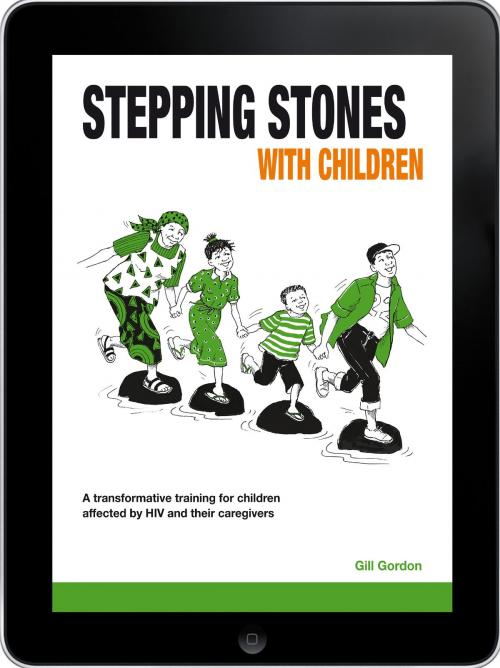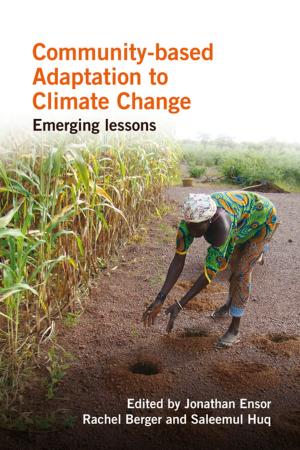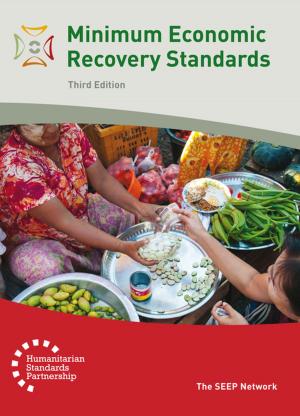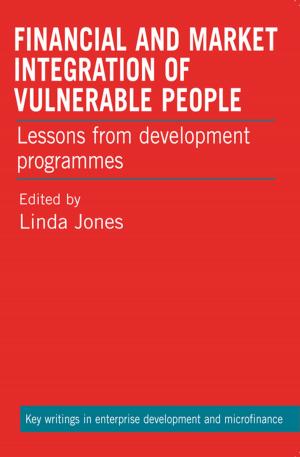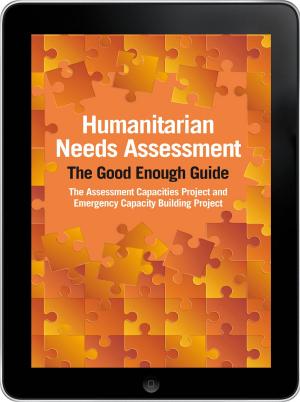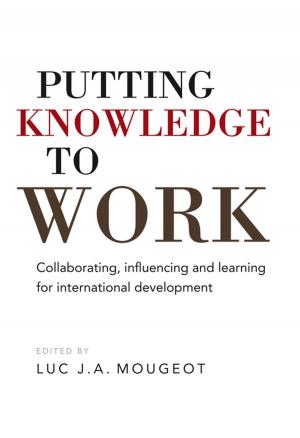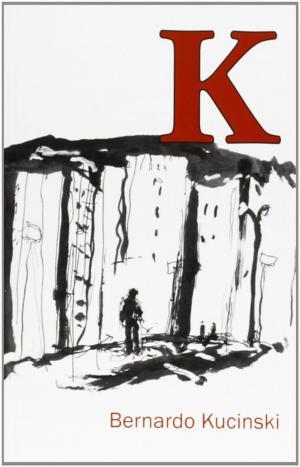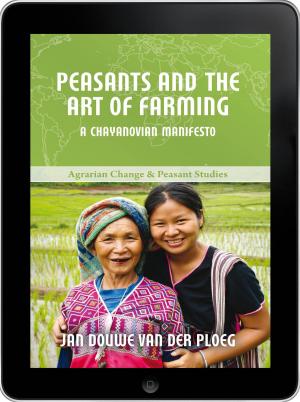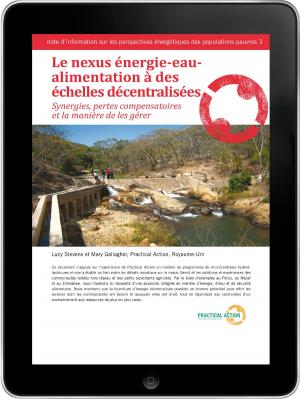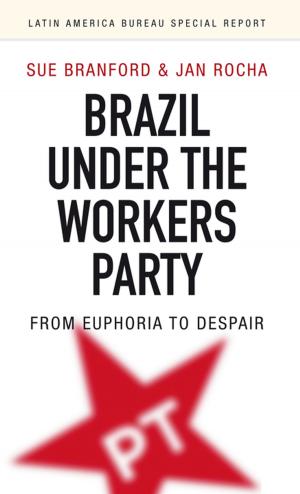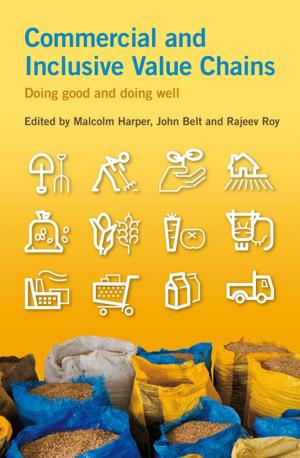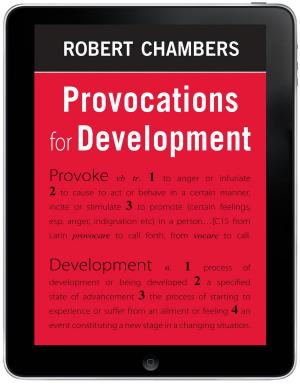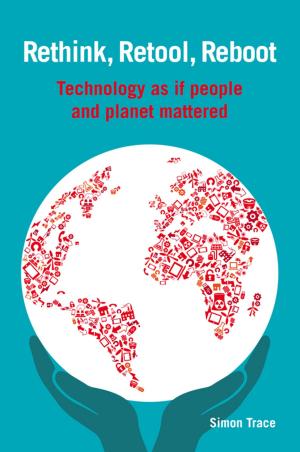Stepping Stones with Children eBook
A transformative training for children affected by HIV and their caregivers
Nonfiction, Reference & Language, Reference, Social & Cultural Studies, Social Science| Author: | Gill Gordon | ISBN: | 9781780448947 |
| Publisher: | Practical Action Publishing | Publication: | April 15, 2016 |
| Imprint: | Practical Action Publishing | Language: | English |
| Author: | Gill Gordon |
| ISBN: | 9781780448947 |
| Publisher: | Practical Action Publishing |
| Publication: | April 15, 2016 |
| Imprint: | Practical Action Publishing |
| Language: | English |
Acquiring HIV may no longer be a death sentence, but its effects are still profound. Many people living with HIV face rejection and are unsure about their futures, and these anxieties may be felt all the more keenly by children and young people. Stepping Stones with Children equips organizations and individuals with materials with which they can engage children affected by HIV and their caregivers, using powerful exercises to convey information, explore norms, discover their abilities, and individually and jointly create stronger ways of being. The training sessions cover a wide range of topics with a gendered and child-rights focused framework including psycho-social wellbeing and resilience, assertiveness, bereavement, HIV testing, living well with HIV, preventing sexual abuse, and supporting survivors of abuse. They cover issues facing all young people growing up, which might be particularly challenging for those affected by HIV – from friendships at school, to relationships, sexuality, and livelihoods. Each of the sessions clearly explains its overall purpose, and sets out the aim and method for each activity. Most activities are carried out with the participants working in their three separate peer groups of younger children (5-8 year olds), older children (9-14 year olds) and caregivers. Sometimes each peer group works in gendered-sub groups. The three peer groups sometimes work together, or come together to share what they have learned and to negotiate new ways of relating to one another. Stepping Stones with Children follows on from Stepping Stones and Stepping Stones Plus, which are training materials widely used in workshops with older youth and adults affected by HIV. Stepping Stones with Children is essential reading for social workers, community workers, health workers and NGO staff working on programmes with people affected by HIV; also researchers and academics teaching and advising in this field.
Acquiring HIV may no longer be a death sentence, but its effects are still profound. Many people living with HIV face rejection and are unsure about their futures, and these anxieties may be felt all the more keenly by children and young people. Stepping Stones with Children equips organizations and individuals with materials with which they can engage children affected by HIV and their caregivers, using powerful exercises to convey information, explore norms, discover their abilities, and individually and jointly create stronger ways of being. The training sessions cover a wide range of topics with a gendered and child-rights focused framework including psycho-social wellbeing and resilience, assertiveness, bereavement, HIV testing, living well with HIV, preventing sexual abuse, and supporting survivors of abuse. They cover issues facing all young people growing up, which might be particularly challenging for those affected by HIV – from friendships at school, to relationships, sexuality, and livelihoods. Each of the sessions clearly explains its overall purpose, and sets out the aim and method for each activity. Most activities are carried out with the participants working in their three separate peer groups of younger children (5-8 year olds), older children (9-14 year olds) and caregivers. Sometimes each peer group works in gendered-sub groups. The three peer groups sometimes work together, or come together to share what they have learned and to negotiate new ways of relating to one another. Stepping Stones with Children follows on from Stepping Stones and Stepping Stones Plus, which are training materials widely used in workshops with older youth and adults affected by HIV. Stepping Stones with Children is essential reading for social workers, community workers, health workers and NGO staff working on programmes with people affected by HIV; also researchers and academics teaching and advising in this field.
